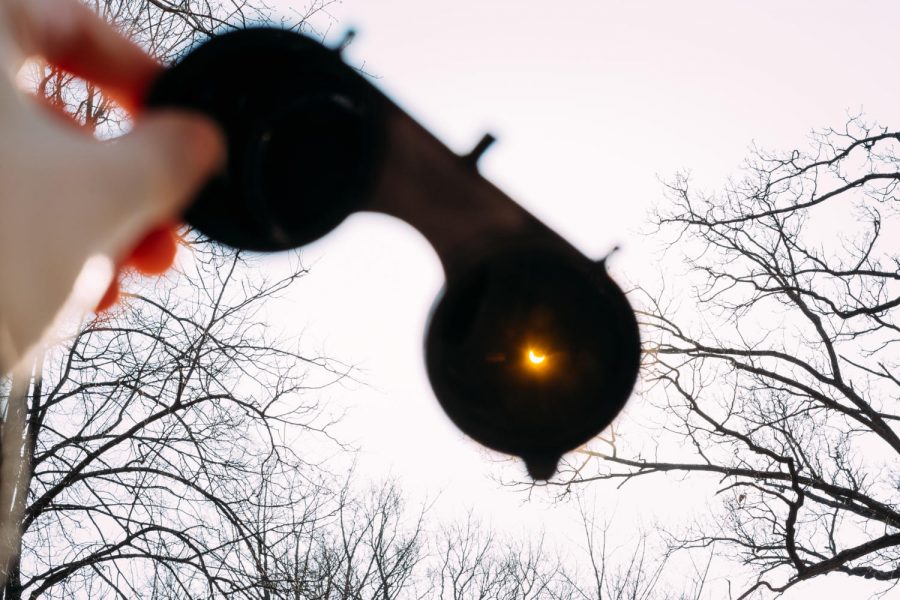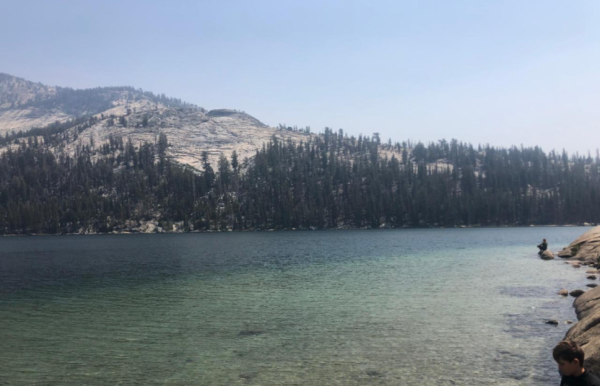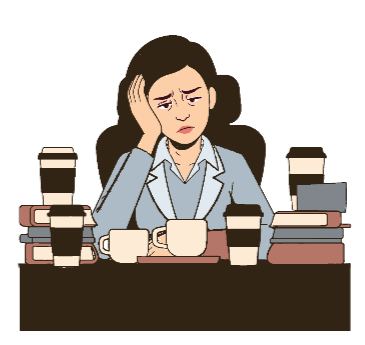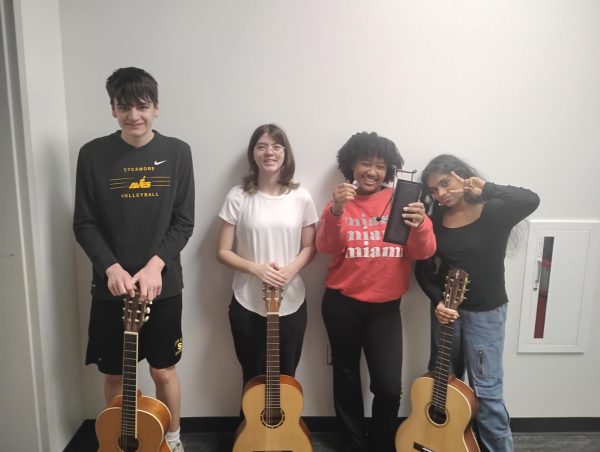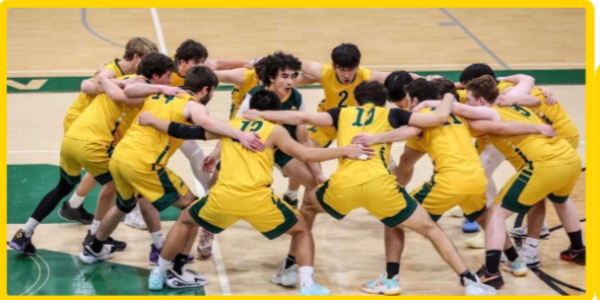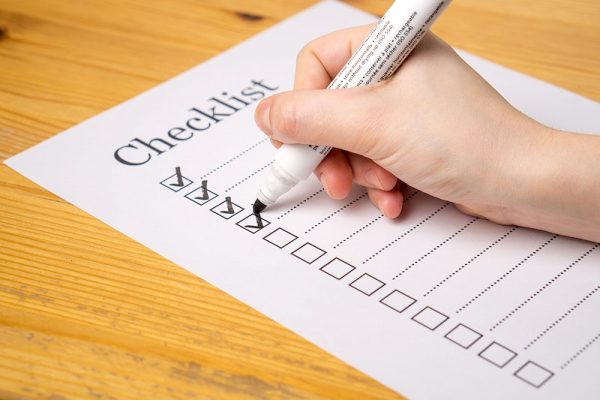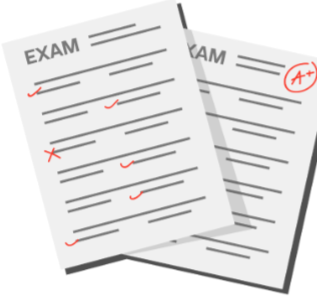Beware of faulty eclipse-wear
WATCHER BEWARE. The length of time that you are exposed to a partial eclipse does not matter. Even looking directly at the sun for a few seconds can actually burn the retina. Eye damage can occur, and injuries may be temporary or permanent, so you should be sure to wear safe and certified eclipse glasses when viewing an eclipse.
Although it is safe to stare during the time of the total solar eclipse (since the sun is completely covered at this time), it is highly unsafe to stare before and after the minutes of darkness. This may come as no surprise to anyone who has stared at the sun and experienced a blinding sensation.
Our nearest sighting is in southwest Kentucky. A partial solar eclipse will be seen in the Cincinnati area. Since the eclipse is not total, it is highly unsafe to stare at it with the naked eye.
Unless you take the right precautions, looking directly at the sun during a partial eclipse can cause solar retinopathy, which can result in permanent damage to your eyes. This is a result of sunlight flooding the retina at the back of the eyeball, causing damage to the light-sensitive cells there.
To watch the eclipse from home, you need to purchase a pair of protective glasses from one of the following reputable sites; note that not all stores and sites that sell eclipse glasses are reputable:
- American Paper Optics (Eclipser) / EclipseGlasses.com / 3dglassesonline.com
- Celestron (EclipSmart Glasses & Viewers)
- DayStar (Solar Glasses)
- Explore Scientific (Solar Eclipse Sun Catcher Glasses)
- Lunt Solar Systems (SUNsafe SUNglasses) [see their unique kid-size eclipse glasses]
- Meade Instruments (EclipseView Glasses & Viewers)
- Rainbow Symphony (Eclipse Shades)
- Seymour Solar (Helios Glasses)
- Thousand Oaks Optical (Silver-Black Polymer & SolarLite)
Source: American Astronomical Society
Your donation will support the student journalists of Sycamore High School. Your contribution will allow us to purchase equipment and cover our annual website hosting costs.


